
Top 6 Nutrients To Reduce Knee Osteoarthritis Pain

Knee osteoarthritis (OA) is one of the most common joint disorders, affecting millions of adults worldwide. It’s a degenerative disease marked by the gradual breakdown of cartilage in the knee joint—often due to aging, repetitive use, or injury.
As cartilage deteriorates, bones begin to rub against each other, triggering inflammation, pain, swelling, and stiffness.
But what exactly is cartilage?
🧩 Understanding Cartilage
Cartilage is a tough but flexible connective tissue that covers the ends of bones in a joint. Its role is to cushion and allow smooth, frictionless movement. Unlike other tissues in the body, cartilage has no blood supply and low cellular turnover, which means once it’s damaged, it has very limited ability to heal on its own.
So, while cartilage breakdown is often irreversible, the good news is that certain nutrients can slow the progression of osteoarthritis and significantly relieve pain and stiffness.
⚠️ The 3 Key Drivers of Joint Pain in OA
To effectively manage OA and support joint function, any nutritional approach must address three major problems:
1. Collagen Decline
Collagen is a key protein that forms the structural "scaffolding" of cartilage. Type II collagen makes up over 90% of the collagen in joint cartilage and helps maintain strength and flexibility.
However, factors like poor diet, excess weight, aging, and overuse cause collagen production to decline—often by more than 50% by age 40. This weakens the cartilage matrix, leading to increased friction, stiffness, and pain.
2. Overactive Cartilage-Destroying Enzymes (MMPs)
Matrix metalloproteinases (MMPs) are enzymes that break down collagen. While necessary in small amounts for tissue repair, an excess of MMPs destroys cartilage faster than the body can rebuild it, accelerating OA progression.
3. Loss of Synovial Fluid (Joint Lubrication)
Synovial fluid, rich in hyaluronic acid, acts as a lubricant and shock absorber in joints. As OA progresses, both the quality and quantity of this fluid diminish, causing joints to become stiff, inflamed, and painful.
These three factors often create a vicious cycle:
-
Low collagen → weak cartilage
-
Overactive MMPs → faster breakdown
-
Reduced synovial fluid → more friction, more damage
🩺 The 6 Best Nutrients to Support Cartilage and Relieve Knee Pain
Let’s explore the top nutrients that target these root causes of osteoarthritis and provide natural relief from joint pain.
🥩 6. UC-II (Undenatured Type II Collagen)
UC-II is a specialized form of type II collagen derived from chicken sternum. Unlike traditional collagen powders, UC-II works by modulating the immune response, reducing inflammation and preventing further joint degradation.
A study published in the International Journal of Medical Sciences found that just 40 mg of UC-II per day was more effective than glucosamine and chondroitin in improving joint comfort and mobility.
✅ Best for: Rebuilding cartilage and reducing stiffness
🌿 5. Boswellia Serrata
This herbal extract, used in Ayurvedic medicine for centuries, helps block MMP enzymes, reduce inflammation, and protect cartilage.
A 2020 review involving over 500 OA patients found that Boswellia significantly reduced pain and stiffness and improved joint function.
✅ Recommended dose: 100–500 mg of standardized extract, 2–3 times daily
🔍 Look for extracts standardized to 65% boswellic acids
💧 4. Hyaluronic Acid
Hyaluronic acid is a key component of synovial fluid, helping to lubricate joints and absorb shock. As we age, our natural levels drop—causing increased friction and pain.
Bone broth is one of the best food sources, as it contains hyaluronic acid along with collagen and glucosamine. Organ meats are another direct source.
✅ For supplementation:
Choose Mobilee®, a patented form that’s 5 times more effective than generic versions.
🍊 3. Vitamin C
Vitamin C is essential for collagen synthesis and helps protect cartilage by neutralizing free radicals that cause inflammation.
Low vitamin C levels have been linked to increased cartilage damage in OA.
✅ Suggested dose: At least 500 mg daily
🥦 Food sources: Red bell peppers, kiwi, oranges, strawberries, papaya, broccoli, tomatoes
☀️ 2. Vitamin D3
Vitamin D helps the body absorb calcium, essential for maintaining strong bones and supporting joint structure.
While studies suggest that vitamin D may slow cartilage loss, its direct impact on OA pain relief is less clear.
✅ Dose: 1,000–5,000 IU daily (based on your vitamin D levels)
☀️ Get it from: Sun exposure, salmon, cod liver oil, mackerel
🧀 1. Vitamin K2 (MK-7)
Vitamin K2 helps direct calcium into bones and away from arteries, reducing the risk of calcification and improving bone density.
It also activates proteins like osteocalcin and matrix Gla protein (MGP) that are essential for healthy cartilage and joints.
✅ Dose: 150–180 mcg of MK-7 per day
🧀 Food sources: Natto (fermented soybeans), sauerkraut, hard cheeses
🍳 Pair with healthy fats for better absorption
🧠 Bonus Note on Glucosamine & Chondroitin
Although widely used in joint supplements, research on glucosamine and chondroitin is mixed. A major study in the New England Journal of Medicine found they were no more effective than a placebo in reducing OA pain.
Still, some individuals may find benefit, so if they’ve worked for you, continue using them.
✅ Final Thoughts
Knee osteoarthritis is a chronic condition, but with the right nutritional strategy, you can help slow its progression and significantly improve your quality of life.
By targeting the three core factors—collagen decline, enzyme overactivity, and reduced synovial fluid—you can naturally support your cartilage and reduce inflammation.
📌 Pro Tip: Instead of taking multiple separate supplements, look for a quality all-in-one joint support formula that includes UC-II, hyaluronic acid, Boswellia, and supporting vitamins like C, D3, and K2.
And as always, consult with your healthcare provider before starting any new supplement—especially if you’re managing existing health conditions or taking medications.
News in the same category


How My Nana’s Baking Soda Skincare Routine Became My Favorite Beauty Secret

Popular Drink Could Be Permanently Staining Your Teeth Yellow, Experts Say

Powerful Natural Remedies for Ear Infections That You Can Try at Home
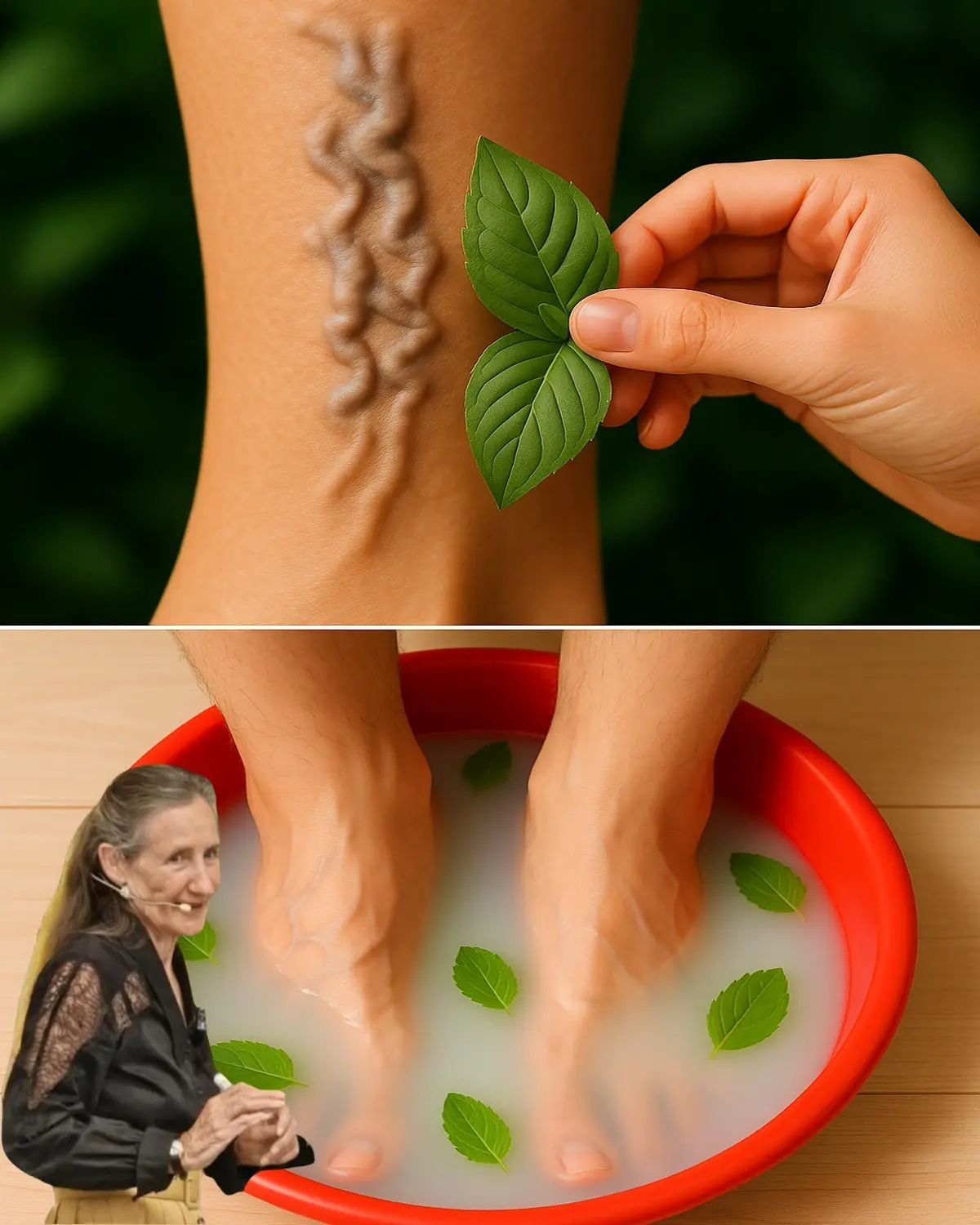
Heal Cracked Heels and Joints with Salt and Herbs

6 Best Remedies To Clear Out Your Arteries
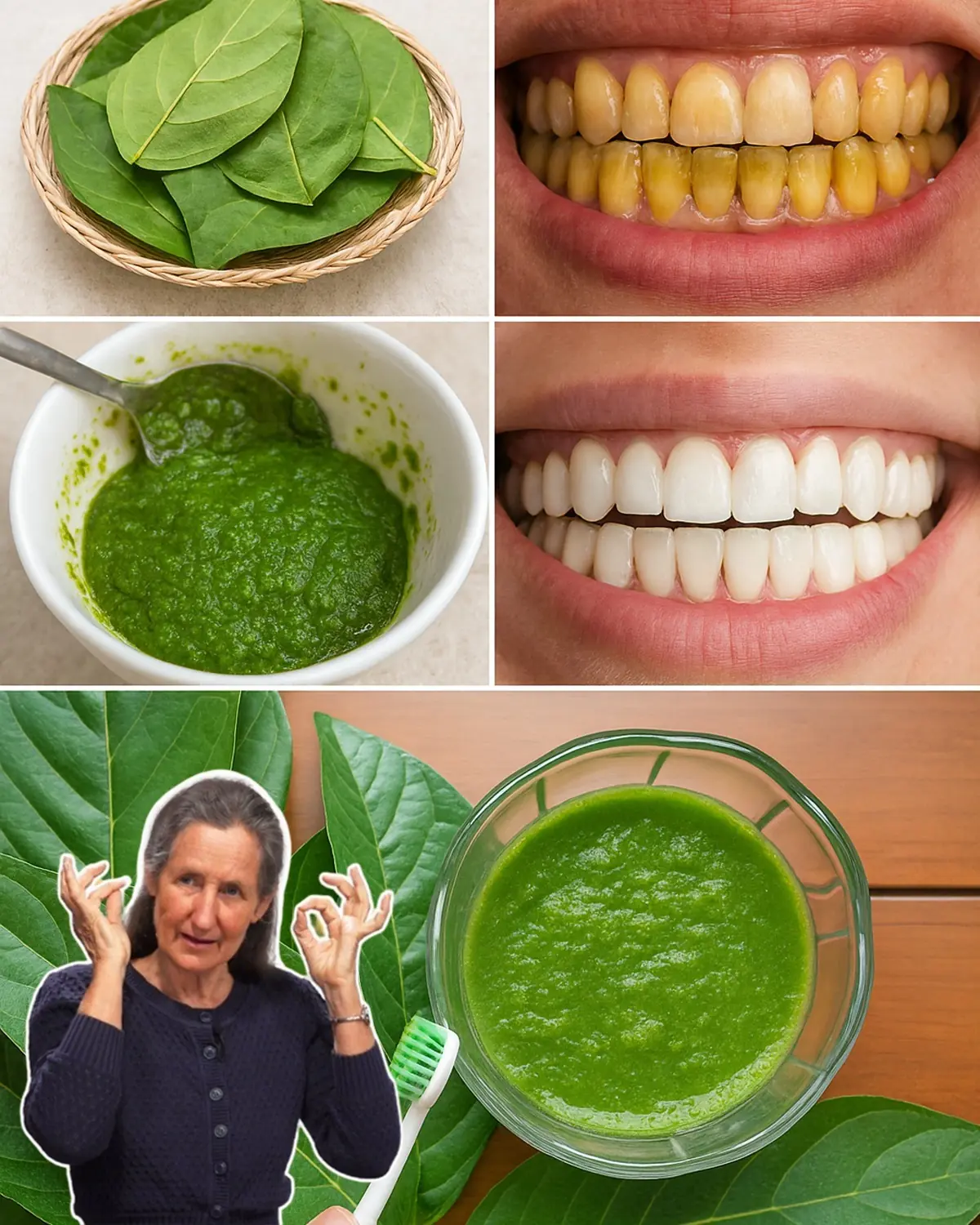
Grandma’s Shocking Secret to a Hollywood Smile: Guava Leaves Unveiled!

Why Your Fingers Turn a Different Colour

14 Warning Signs You May Have Too Much Sugar in Your Blood

Discover Papaya’s Milky Sap: 9 Hidden Benefits You’re Missing Out On

Why Is There a Hole On The Front Of Men’s Underwear

8 warning signs of colon cancer you should never ignore

4 WORST foods that feed CANCER Cells
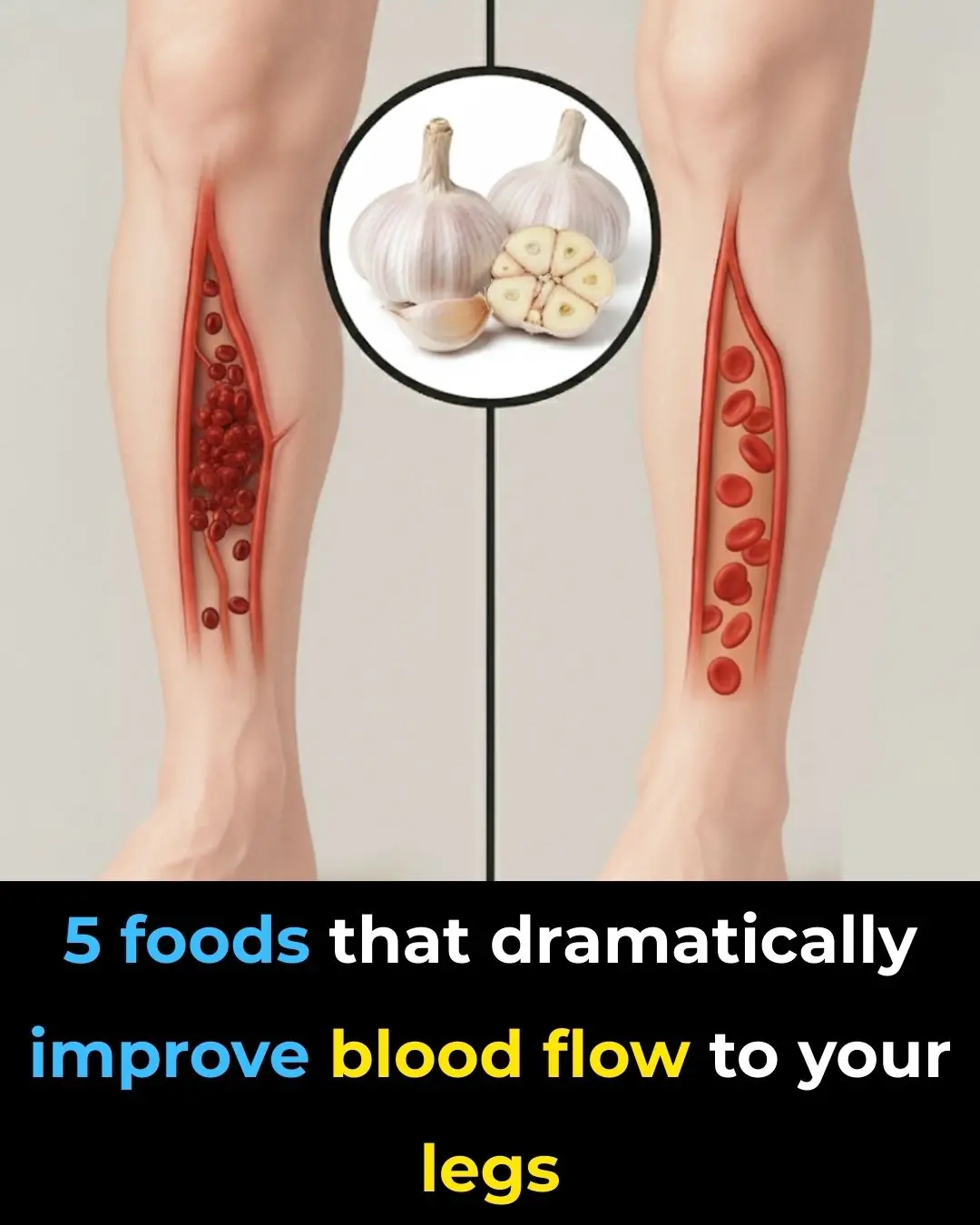
5 foods that dramatically improve blood flow to your legs
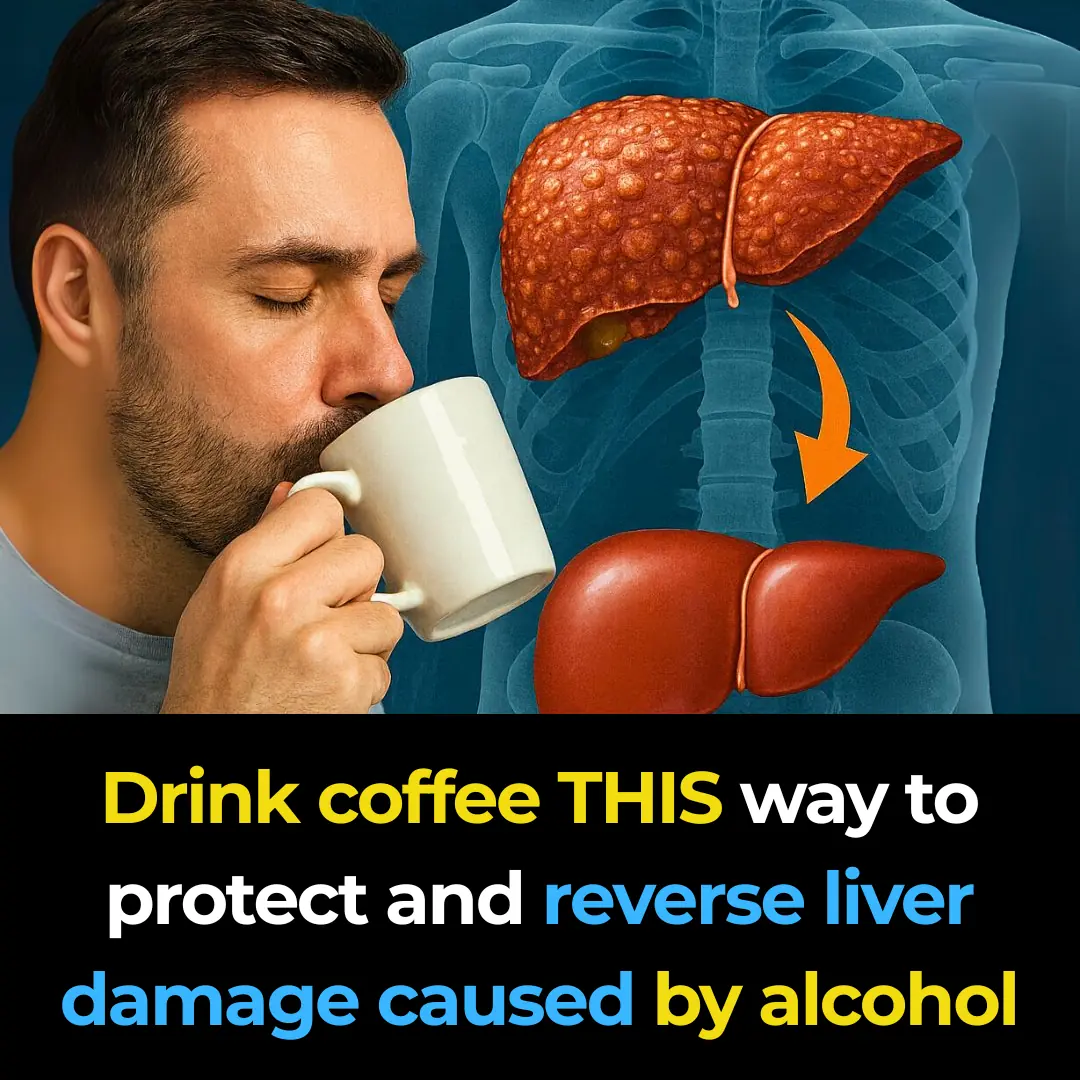
Drink coffee THIS way to protect and reverse liver damage caused by alcohol

Seniors: the 1 simple ingredient that quickly rebuilds muscle

Doctors warn: this 1 cancer sign may show up in your sheets

How Water Fasting Can Regenerate the Immune System, Slow Aging, Reduce Heart Attack Risk and More

4 Reasons Why Cardiac Arrests Happen in The Bathroom
News Post

Game-changing 'hidden' features in iOS 26 update you've probably missed
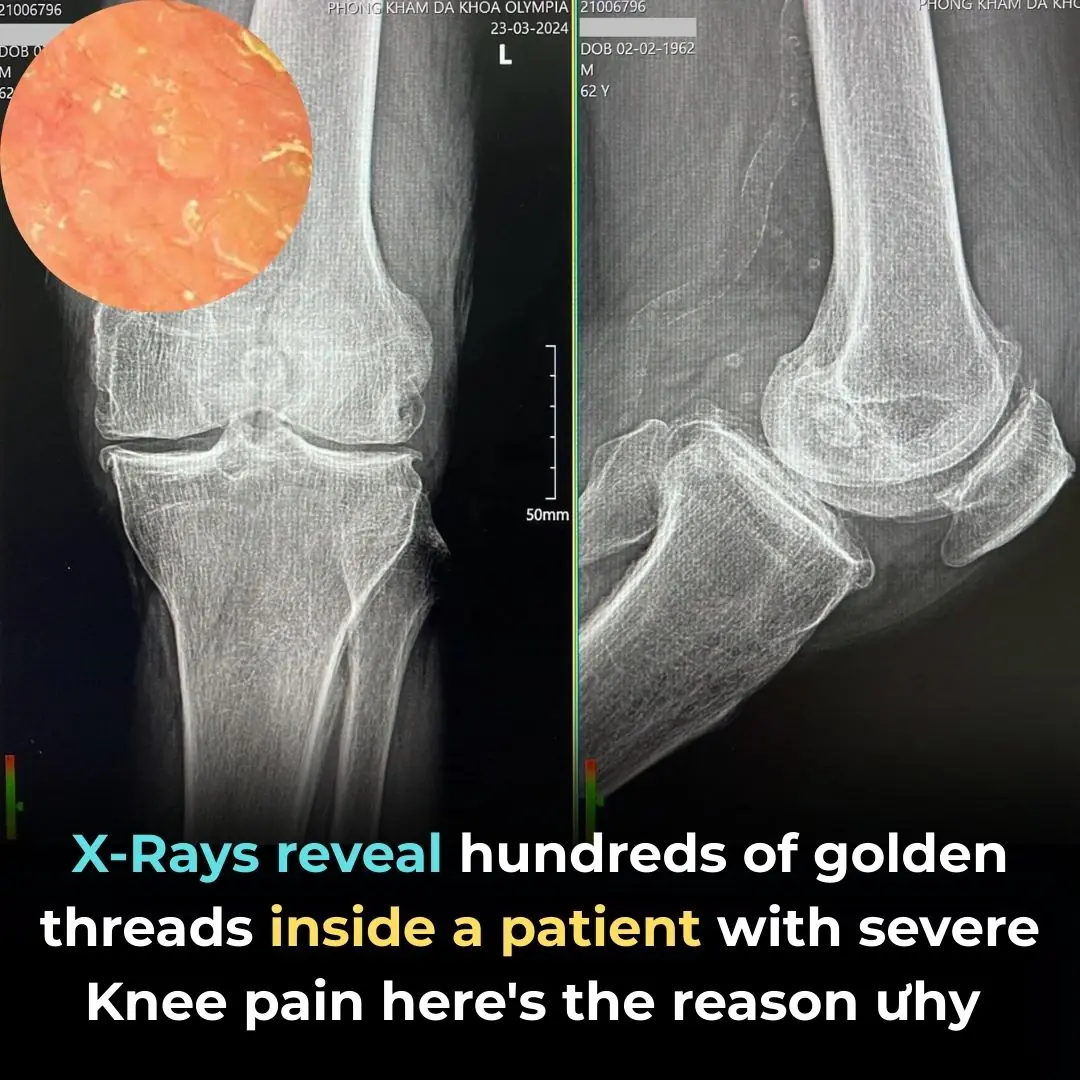
X-rays Reveal Hundreds of Golden Threads Inside a Patient with Severe Knee Pain — Here’s the Reason Why

Blind Man Can Now See Through His Tooth After Losing Sight 20 Years Ago – He Explains How It Works

Harvard expert issues chilling warning that strange object heading towards Earth may be a ‘mothership'

Nvidia's futuristic 'robot brain' officially goes on sale to the public for insane price

These 4 places are "bacteria nests" in the rice cooker, need to be cleaned every month

🌿 Wash Your Hair with This Herb and Watch Baby Hairs Grow Back Fast — Say Goodbye to Hair Fall

🪵 Don't Wash Moldy Wooden Cutting Boards with Soap—Try This 5-Minute Natural Cleaning Hack Instead
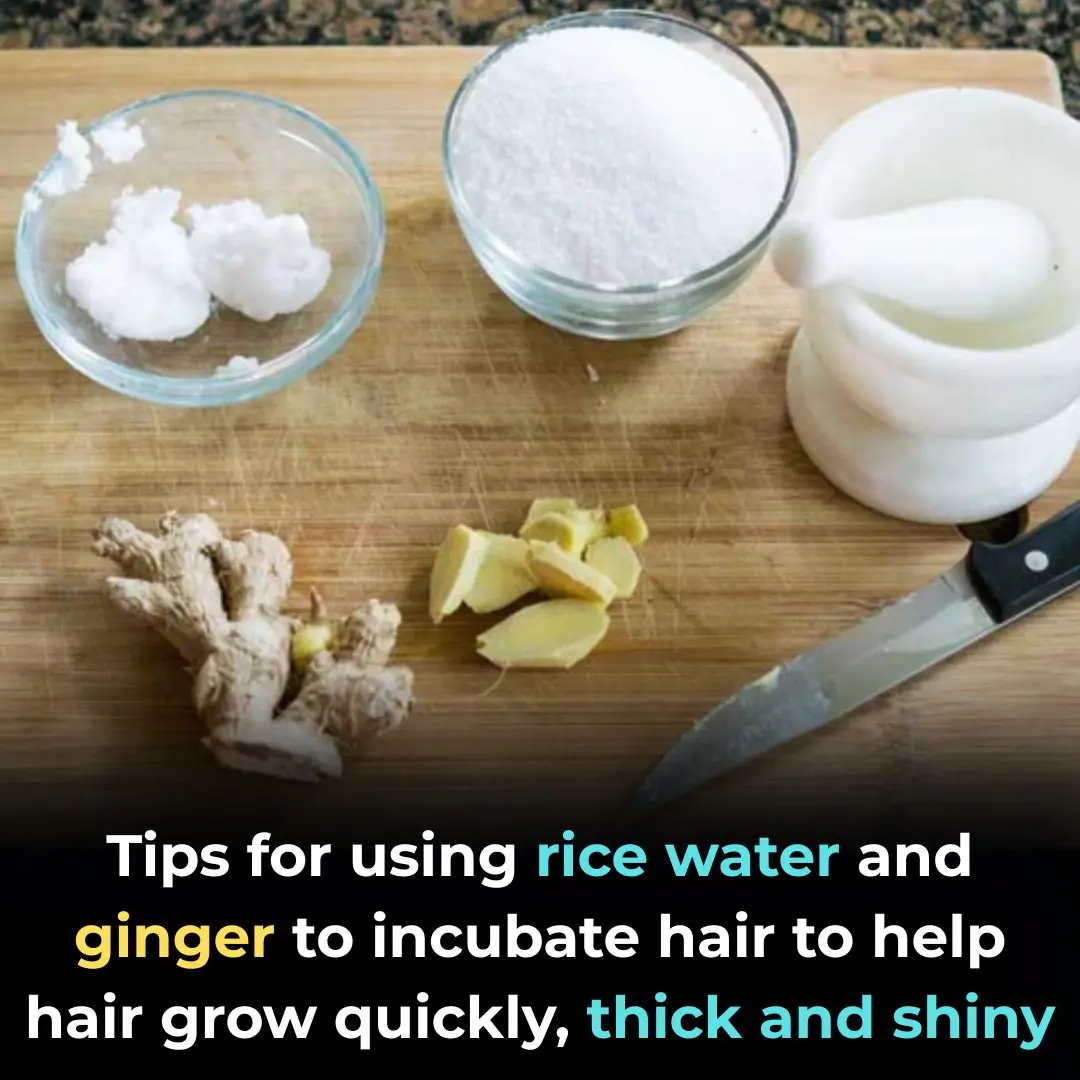
🌾 Ginger and Rice Water Hair Treatment: A Natural Secret for Fast Growth, Thicker, Shinier Hair

Colgate Toothpaste for Face Whitening: The Secret Combo of Tomato and Colgate 🍅✨

Emotional Starbucks Employee Reaction Over Long-Hour Shift Sparks Debate

Shocking Discovery at Her Son’s Bed Leaves Mom Terrified

If You Have These Two ‘Dimples’ on Your Lower Back, This is What They Mean

How My Nana’s Baking Soda Skincare Routine Became My Favorite Beauty Secret

Popular Drink Could Be Permanently Staining Your Teeth Yellow, Experts Say

Powerful Natural Remedies for Ear Infections That You Can Try at Home

CRISPR Breakthrough: Scientists Achieve Complete HIV Eradication in Lab Cells

Northern lights alert : the best displays in years could be coming

The Science Behind the Blood Moon: How Earth’s Shadow Creates the Red Glow
